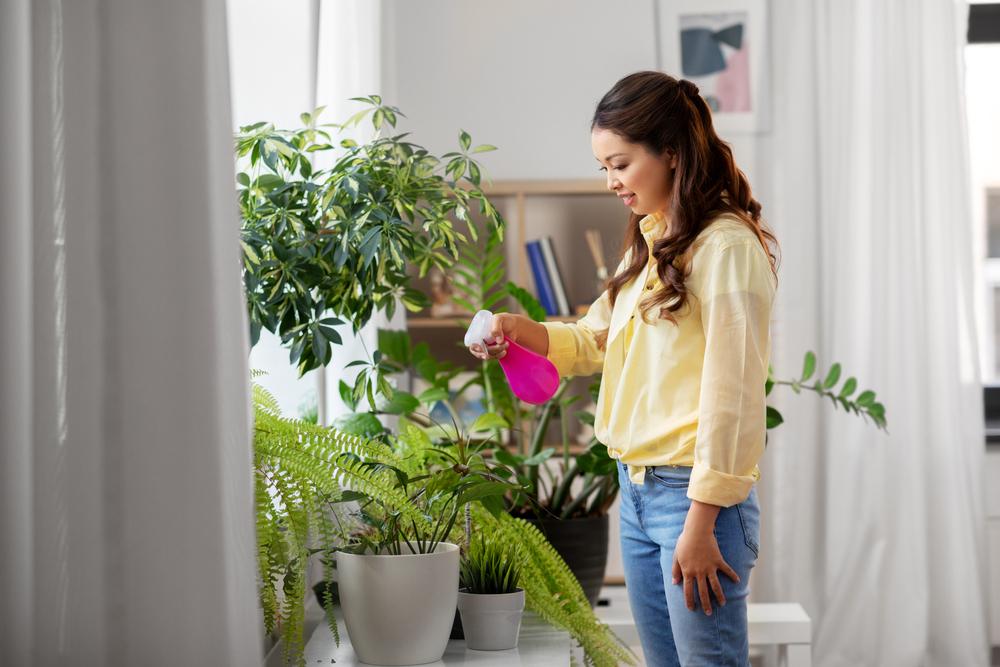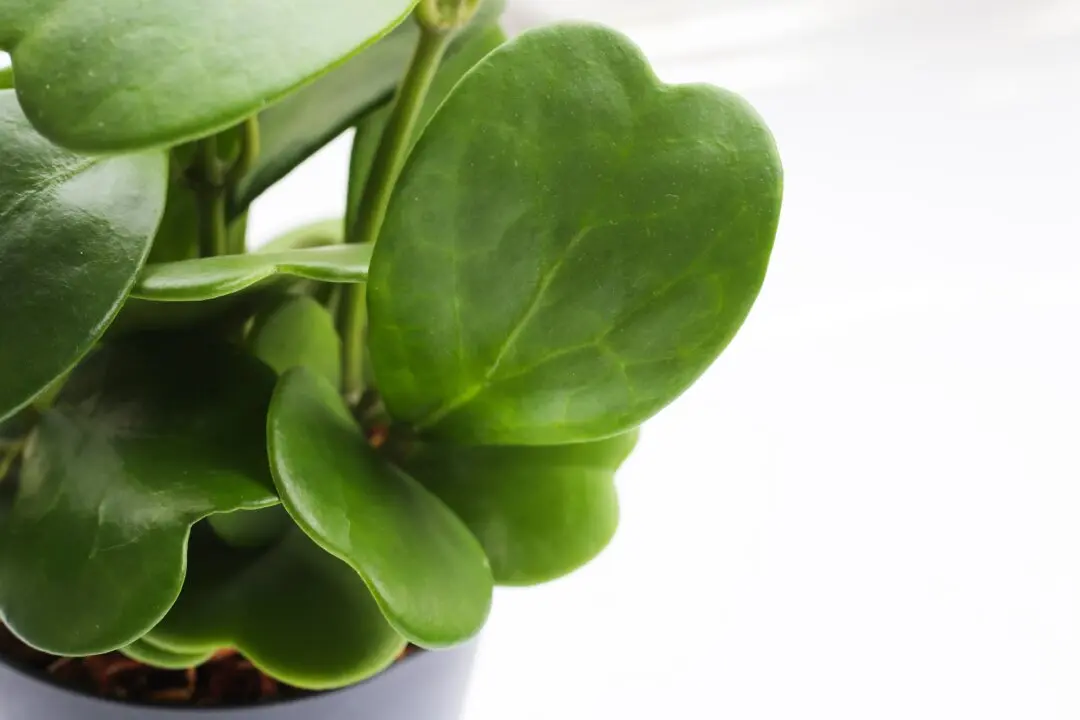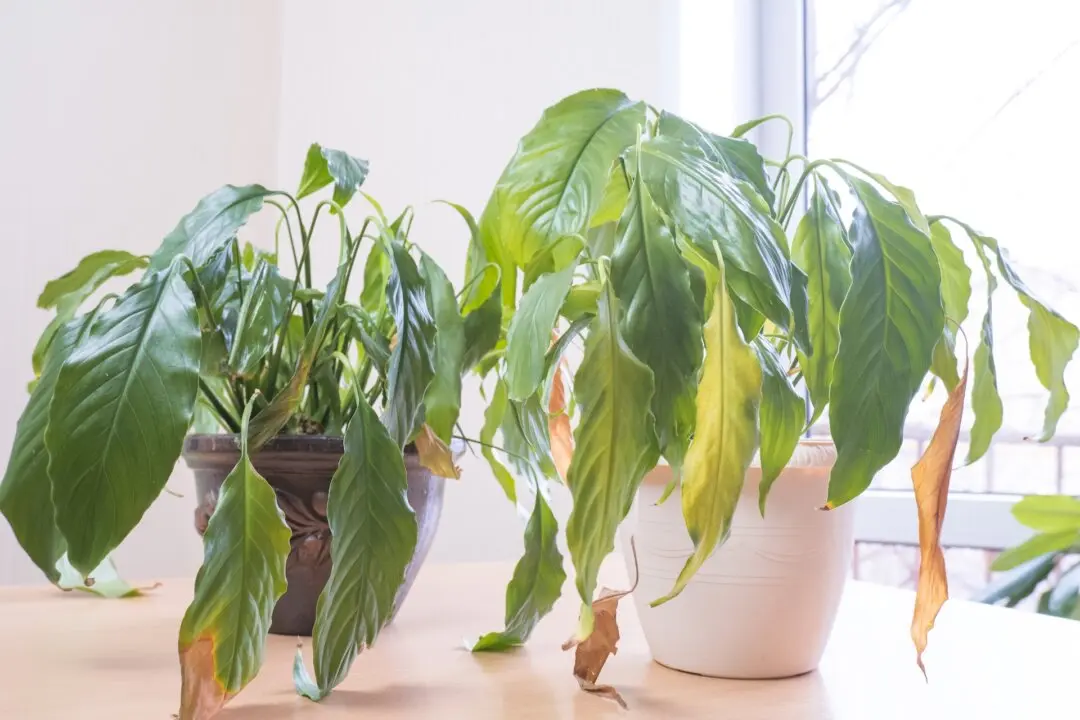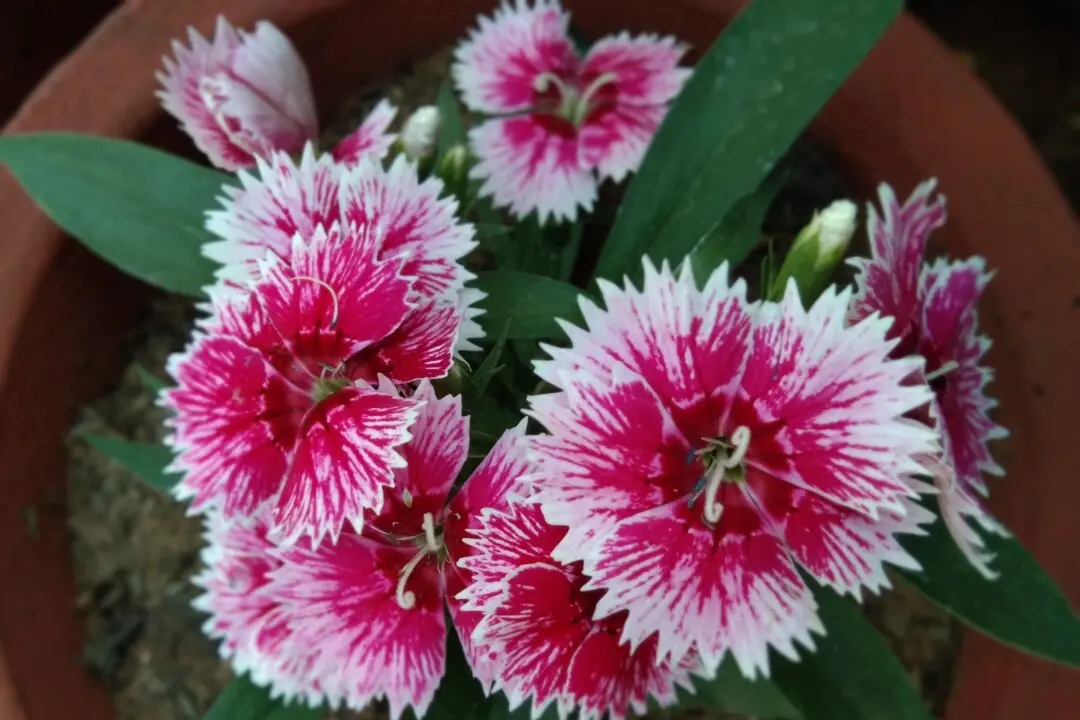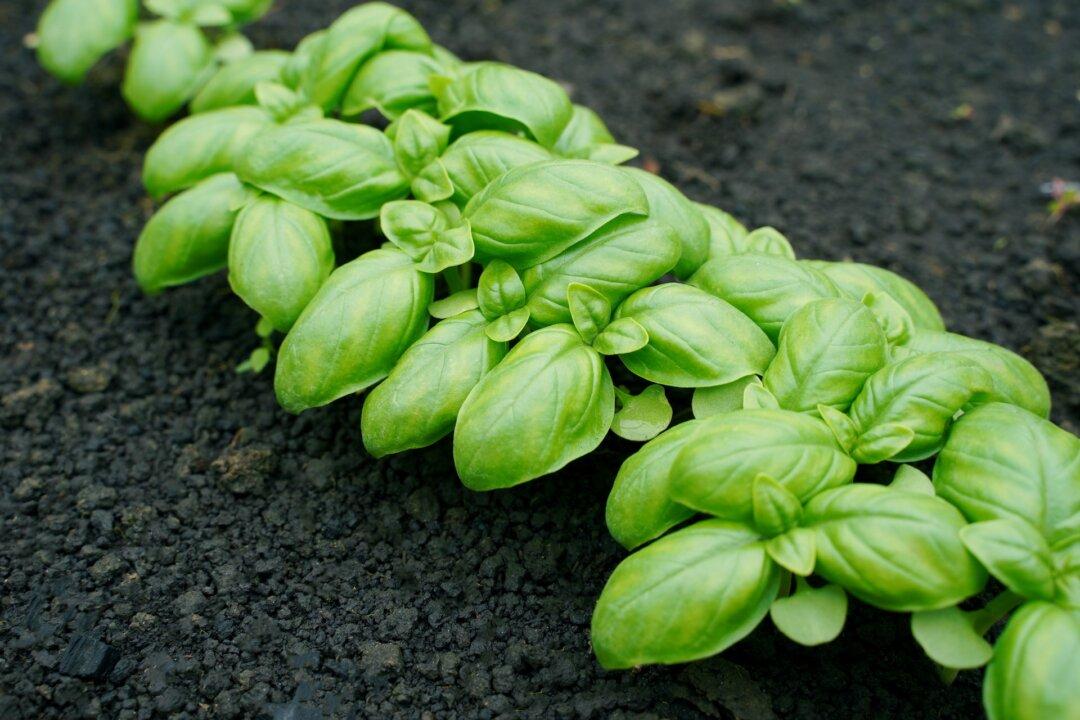They say that hindsight is 20/20, and that is what we want to do this year: put 2020 in our hindsight. As I wrote in my first “A Greener View” column for last year: “In our mind’s eye, we see ourselves healthier, happier and leading more productive lives. The pursuit of gardening can help with all of those visions.” I didn’t realize how many people would have so much time to pursue gardening.
Let’s look ahead to gardening in the new year. Winter may have only officially started recently, but the mid-December nor'easter that socked the East Coast has many people ready to be done with winter.
Winter is a good time to plan your vegetable garden and your landscape. A good way to do that is to look at seed and plant catalogs. Go to MailOrderGardening.com for a list of companies that offer catalogs of seeds, plants, and gardening tools. If you decide to order seeds, order them early, as some will be in limited supply.

